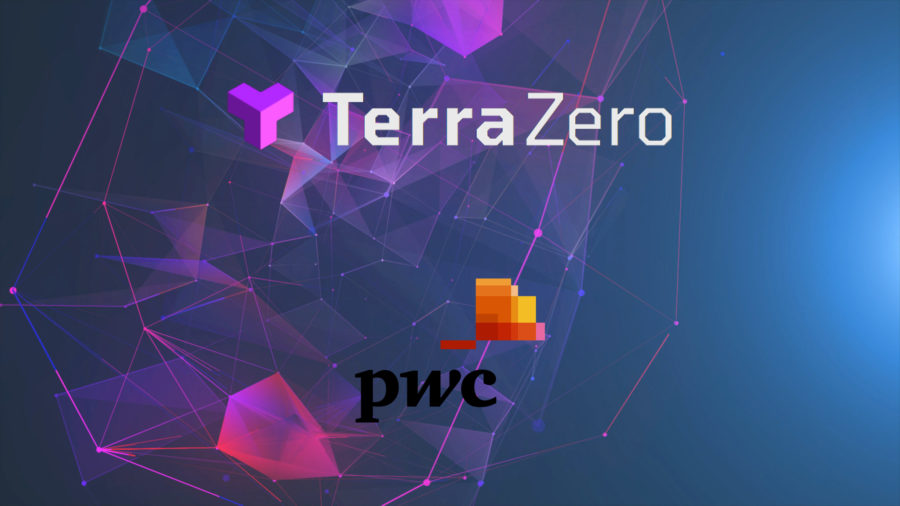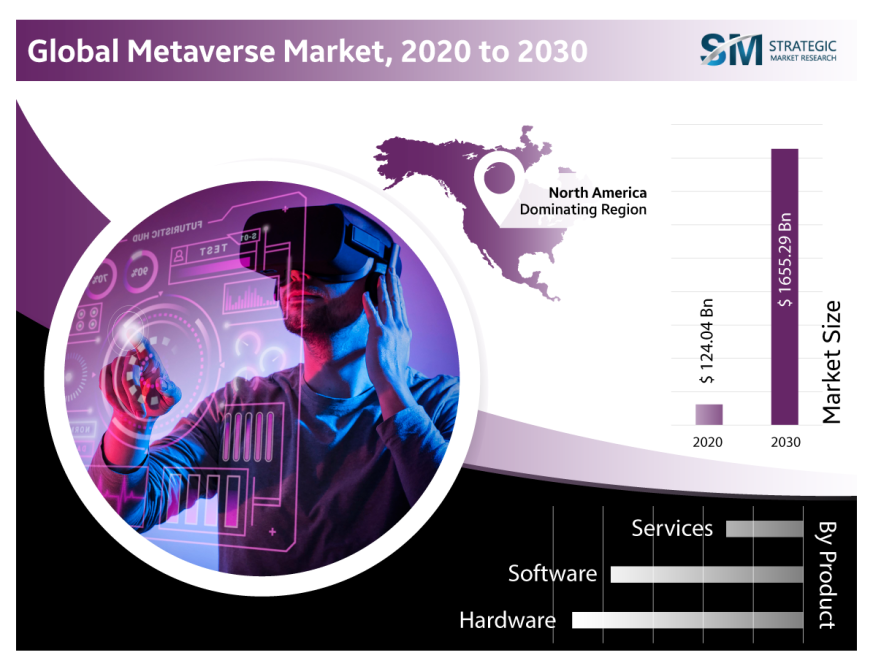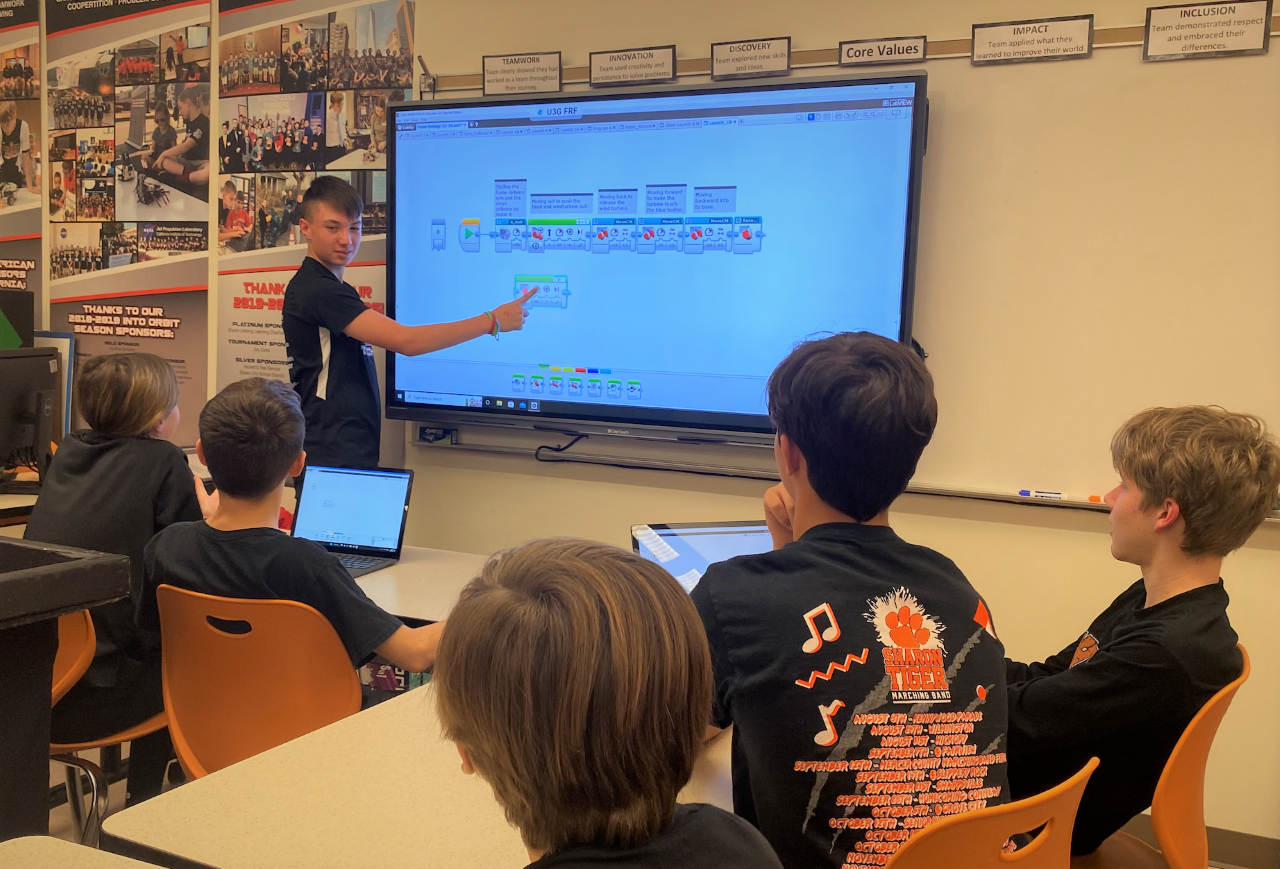Table of Contents
The beauty industry has undergone a massive transformation in recent years, thanks to technological advancements. In today’s digital age, beauty enthusiasts have access to a wealth of resources that allow them to explore new trends, techniques, and products like never before. From NFTs and the Metaverse to apps and technology, there is no shortage of ways for people to enhance their beauty routines.
NFTs in Beauty
Non-fungible tokens (NFTs) have been making waves in the world of art and entertainment, but they are also starting to have an impact on the beauty industry. NFTs are unique digital assets that allow creators to monetize their work and offer exclusive experiences to their fans. In the beauty industry, NFTs can be used to create limited-edition products or virtual experiences that allow consumers to explore new looks or techniques.
For example, a makeup artist could create a limited-edition NFT that includes a tutorial on how to achieve a particular look. The NFT could be sold to a limited number of buyers, who would then have exclusive access to the tutorial and any accompanying products. This could create a new revenue stream for beauty professionals while also giving consumers a unique and immersive experience.
The Metaverse and Beauty
The Metaverse is a term that refers to a shared virtual space where users can interact with each other and digital objects in real-time. The beauty industry is starting to explore the potential of the Metaverse as a platform for showcasing products, connecting with customers, and offering virtual experiences.
For example, a cosmetics company could create a virtual store in the Metaverse where users can browse products and try them on virtually. Users could also interact with beauty professionals in real-time, asking questions and getting personalized recommendations. This would allow beauty companies to reach a wider audience while also creating a more immersive and interactive shopping experience for consumers.
Apps and Beauty
There is no shortage of beauty apps available for smartphones and tablets, offering everything from virtual try-ons to personalized skincare routines. These apps are becoming increasingly sophisticated, using AI and machine learning to offer personalized recommendations based on users’ skin type, tone, and concerns.
For example, the skincare app Olay Skin Advisor uses AI to analyze users’ selfies and offer personalized skincare recommendations. The app takes into account factors like age, skin type, and lifestyle habits to create a customized skincare routine. Other apps, like Perfect365 and YouCam Makeup, allow users to try on virtual makeup looks and experiment with different shades and styles.
Technology and Beauty
Technology is also having an impact on the way beauty products are developed and marketed. For example, 3D printing technology is being used to create custom makeup products, allowing consumers to create a personalized shade or formula. Augmented reality (AR) technology is also being used to create virtual try-ons and product demonstrations, allowing consumers to see how a product will look on them before making a purchase.
In addition, technology is being used to create more sustainable and eco-friendly beauty products. For example, some companies are using AI to develop new ingredients and formulations that are more environmentally friendly. Others are using biodegradable or compostable packaging materials to reduce waste.
Conclusion
The digital age of beauty is here, and it is bringing with it a wealth of new opportunities for beauty enthusiasts and professionals alike. From NFTs and the Metaverse to apps and technology, there are endless ways to enhance and personalize beauty routines. As technology continues to evolve, we can expect even more exciting developments in the beauty industry, allowing us to explore new trends and techniques in exciting and innovative ways.


